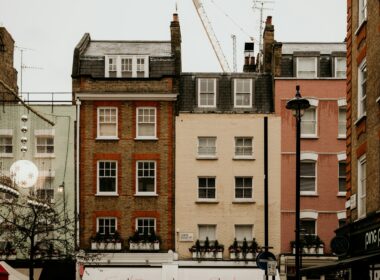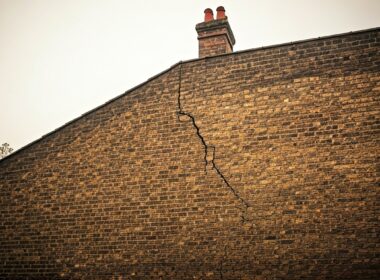London has been crowned the UK’s weakest link for broadband reliability, with a new survey from Broadband Genie exposing the capital’s digital Achilles’ heel. Drawing on responses from 3,200 people nationwide, the study found that just 43% of Londoners enjoyed an outage-free year, placing the city dead last among UK regions—a statistic that could nudge property seekers to rethink what makes a prime location.
The Broadband Genie team calculated reliability scores out of 100 by starting with the percentage of residents reporting no outages and subtracting points for total disruptions.
The East Midlands led the pack, with 82% of its residents uninterrupted and a score of 77.11, trailed by Yorkshire and the Humber at 79% and 73.64.
London, by contrast, scored a dismal 27.21, lagging far behind even Northern Ireland’s 49% and 39.74.
“It’s pretty shocking that in 2025 even the most reliable broadband provider in London sees 24% of its customers experiencing broadband outages,” the experts at Broadband Genie noted. “If this level of service was delivered by other essential utilities, serious questions would be asked.”
Within the capital, Community Fibre shone brightest, with 76% of its customers reporting no outages and a reliability score of 71.90.
Among major providers, BT took the lead—63% of its users faced no disruptions, earning a 54.38 score—outpacing Virgin Media (53%, 39.10), Sky (48%, 29.80), and Vodafone (38%, 24.25).
Origin, however, hit rock bottom, with just 10% of customers outage-free, sinking to a -15.00 score.
“For customers, when choosing a broadband provider, reliability is just as important to consider as price, especially if you work from home,” Broadband Genie advised. “If your connection goes down, you could end up losing work or paying through the nose to hotspot from your mobile data, none of which is ideal.”
Compensation offers a lifeline for the afflicted.
Under Ofcom’s automatic scheme, outages persisting two working days after reporting yield £9.76 daily from participating providers: BT, EE, Hyperoptic, Plusnet, Sky (including NOW Broadband), TalkTalk, Utility Warehouse, Virgin Media, Vodafone, and Zen Internet.
For others, recourse lies in provider terms, direct complaints, or escalation to ombudsmen like CISAS or the Communications Ombudsman.
“We always recommend that consumers check independent reviews, especially in their area as provider reliability can vary by location, and at the very least ensure their provider is signed up to Ofcom’s automatic compensation scheme,” Broadband Genie urged. “And if you do lose connectivity make sure you put that claim in, it’s your money and you’re entitled to it!”
As London’s property market increasingly hinges on seamless connectivity—especially for remote workers—this digital shortfall could shift buyer priorities.
“At Broadband Genie, we want to see broadband treated as any other utility, with greater scrutiny therefore placed on essentials such as uptime,” the team emphasized.
With the capital trailing the pack, those eyeing London homes might find a provider like Community Fibre—or a move to the East Midlands—a surer bet for staying online.




